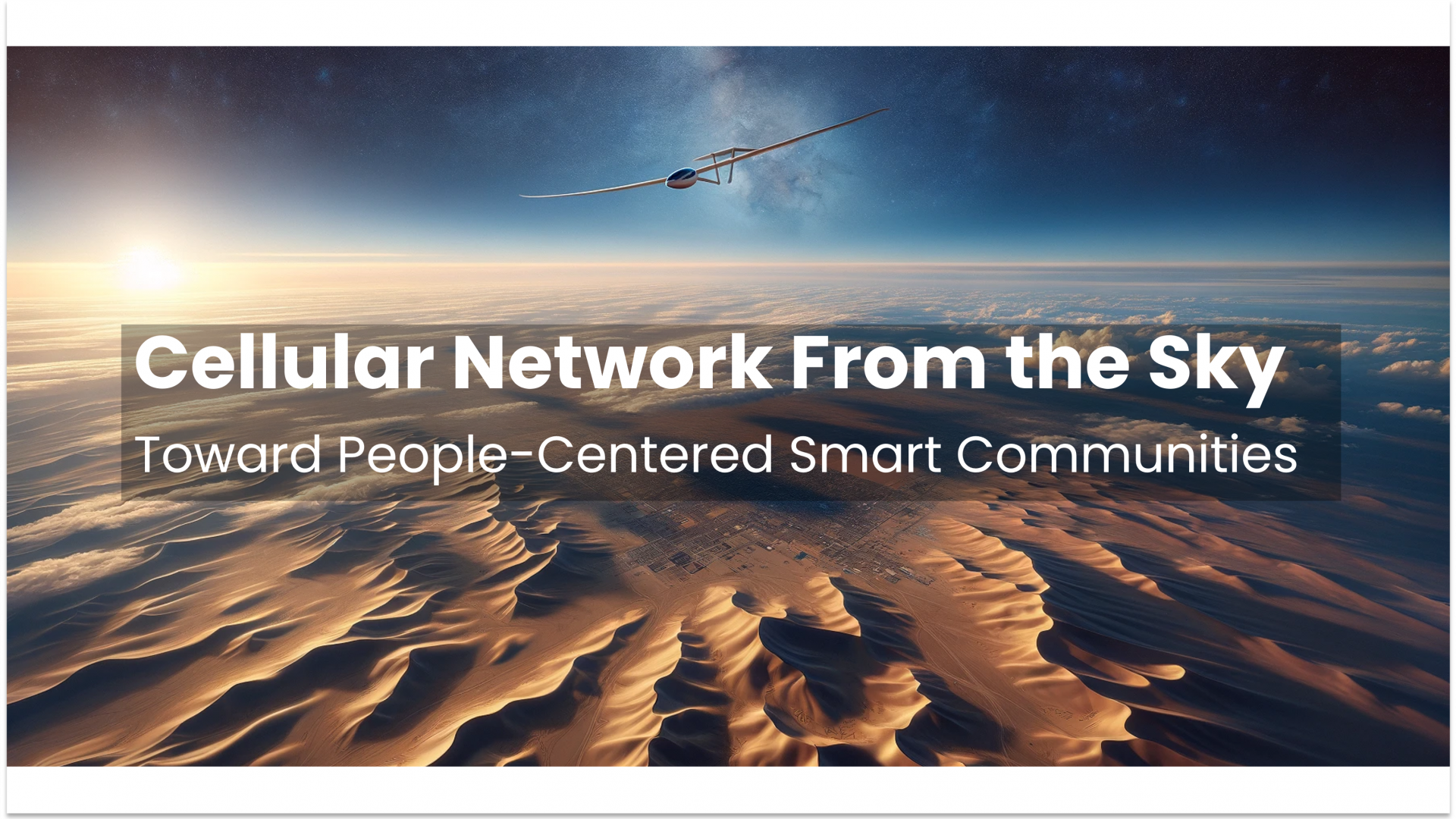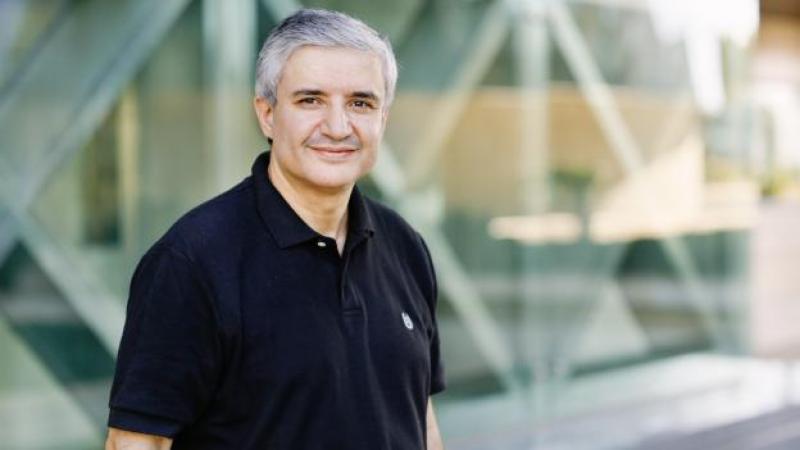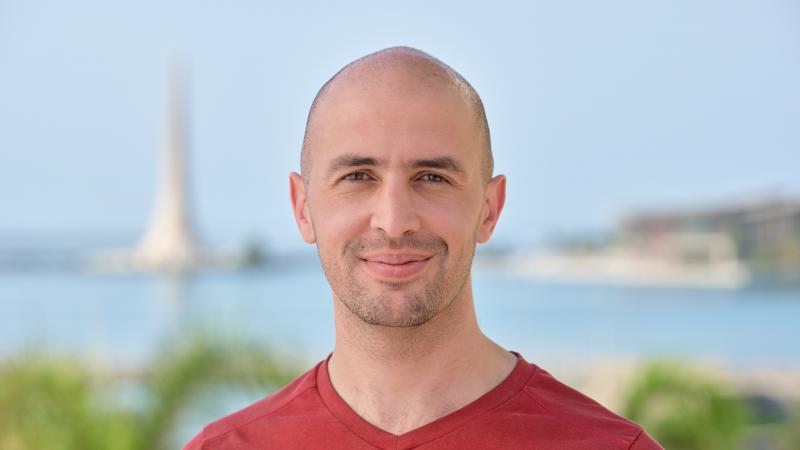The research team from the Communications Theory Laboratory (CTL) at King Abdullah University of Science and Technology (KAUST), including Dr. Baha Eddine Youcef Belmekki and Prof. Mohamed-Slim Alouini, in a collaboration with the Communications, Space and Technology Commission (CST) and Stratospheric Platforms, have redefined connectivity with the deployment of High Altitude Platform Stations (HAPS) as cellular towers.
In an era where smart cities have often focused on urban centers, their work aims to bridge the digital divide by including historically neglected areas such as rural and remote regions. This approach not only broadens the scope of smart cities but also emphasizes inclusivity, ensuring that the benefits of digital connectivity reach every corner of society to enable “people-centered smart communities”.
Their work represents a significant leap towards ubiquitous connectivity, showcasing the world's first-ever 5G HAPS experiment. The trial's performance showcased extensive ground, aerial, and maritime coverage. HAPS provided high data rates and ubiquitous 5G coverage from the stratosphere across various scenarios, addressing critical aspects of smart communities such as equity and inclusion, intelligent transportation systems, and fostering a blue economy.
"HAPS technology represents a paradigm shift in how we think about connectivity," said Prof. Mohamed-Slim Alouini. "By elevating cellular towers into the stratosphere, we can offer seamless, high-coverage connectivity that is both accessible and affordable, especially in areas that have been left behind in the digital era."
This approach not only underscores the versatility and efficiency of HAPS in bridging the digital divide but also emphasizes the project's commitment to inclusivity and community involvement. The success of the experiment highlights the potential of HAPS in supporting the infrastructure of people-centered smart communities, ensuring that every individual, regardless of location, has access to reliable and high-speed connectivity.
KAUST’s commitment to innovation and its collaboration with CST and stratospheric platforms highlight the university's leading role in technological advancements and its dedication to making a positive impact on society. The successful 5G HAPS experiment paves the way for further research and development in this field, with the potential to revolutionize how we connect with the world around us.
More information can be found in the paper below:


